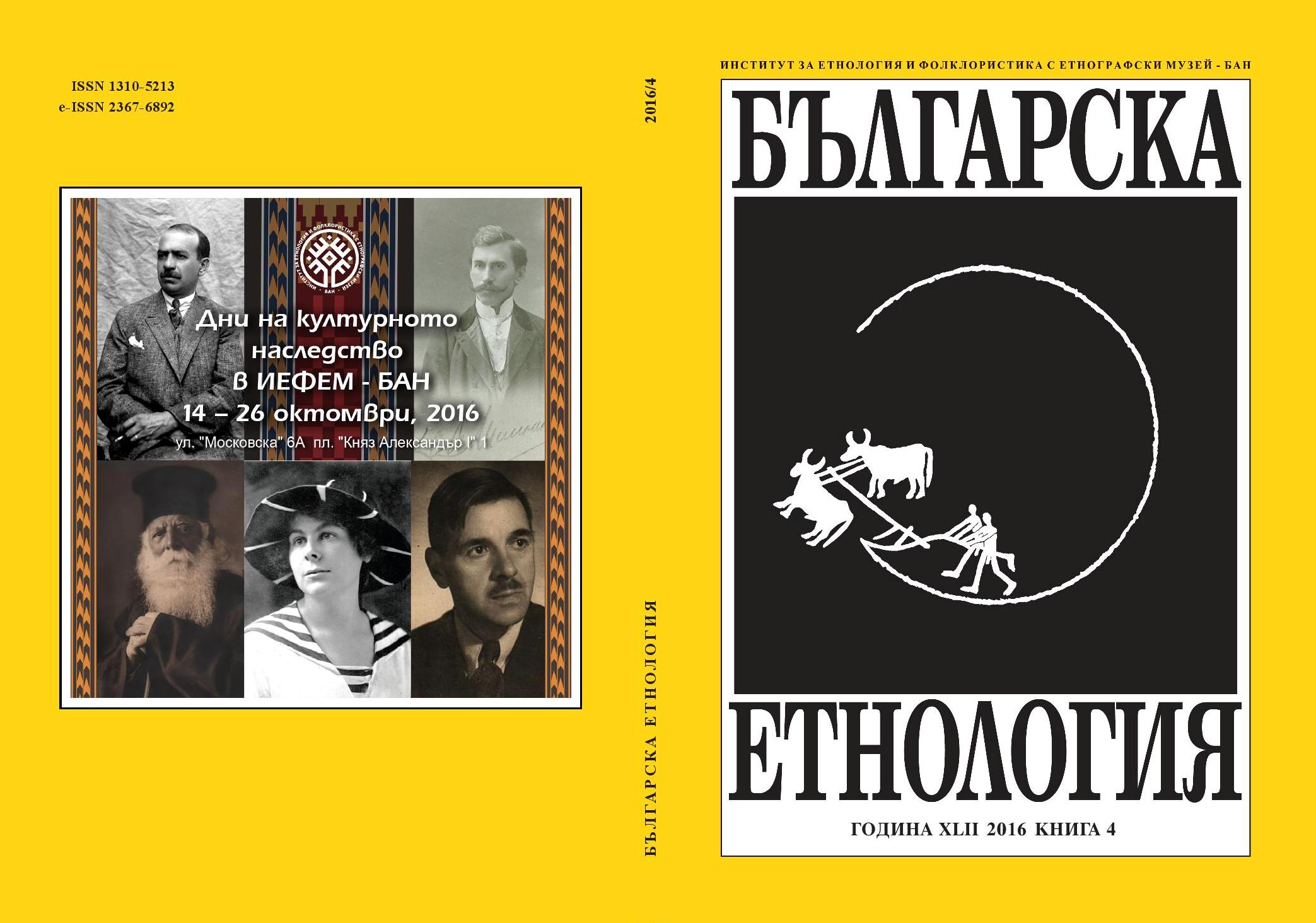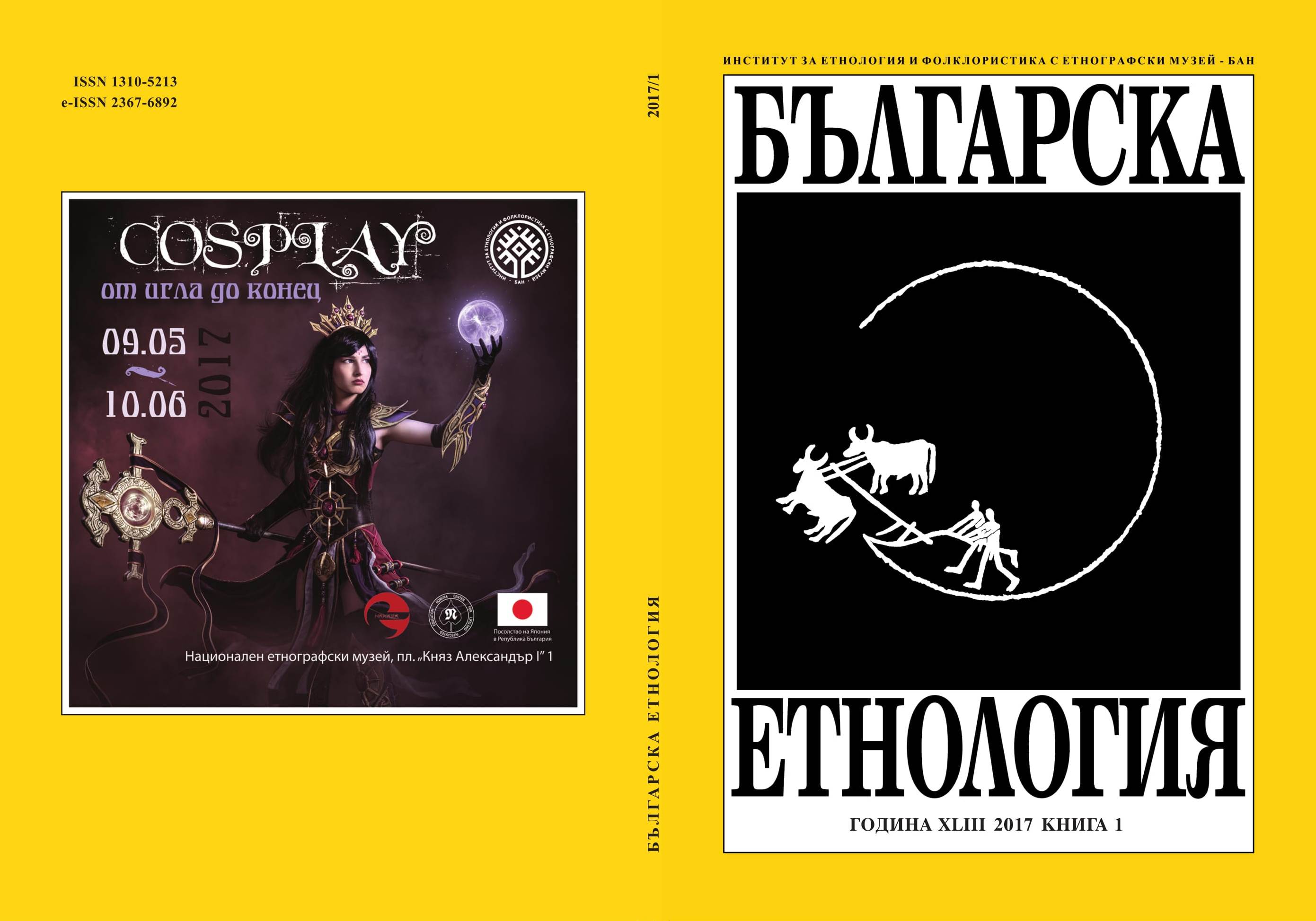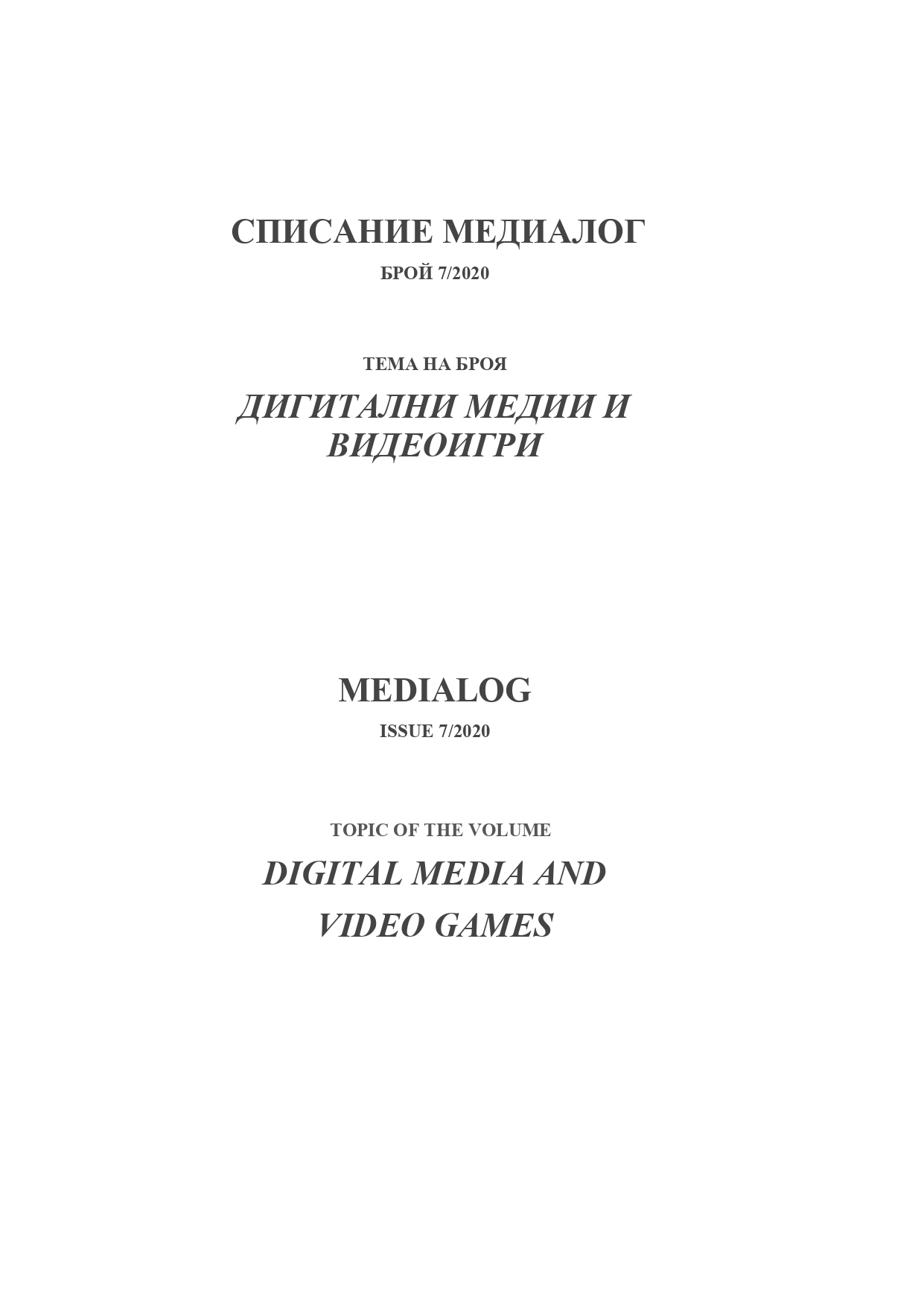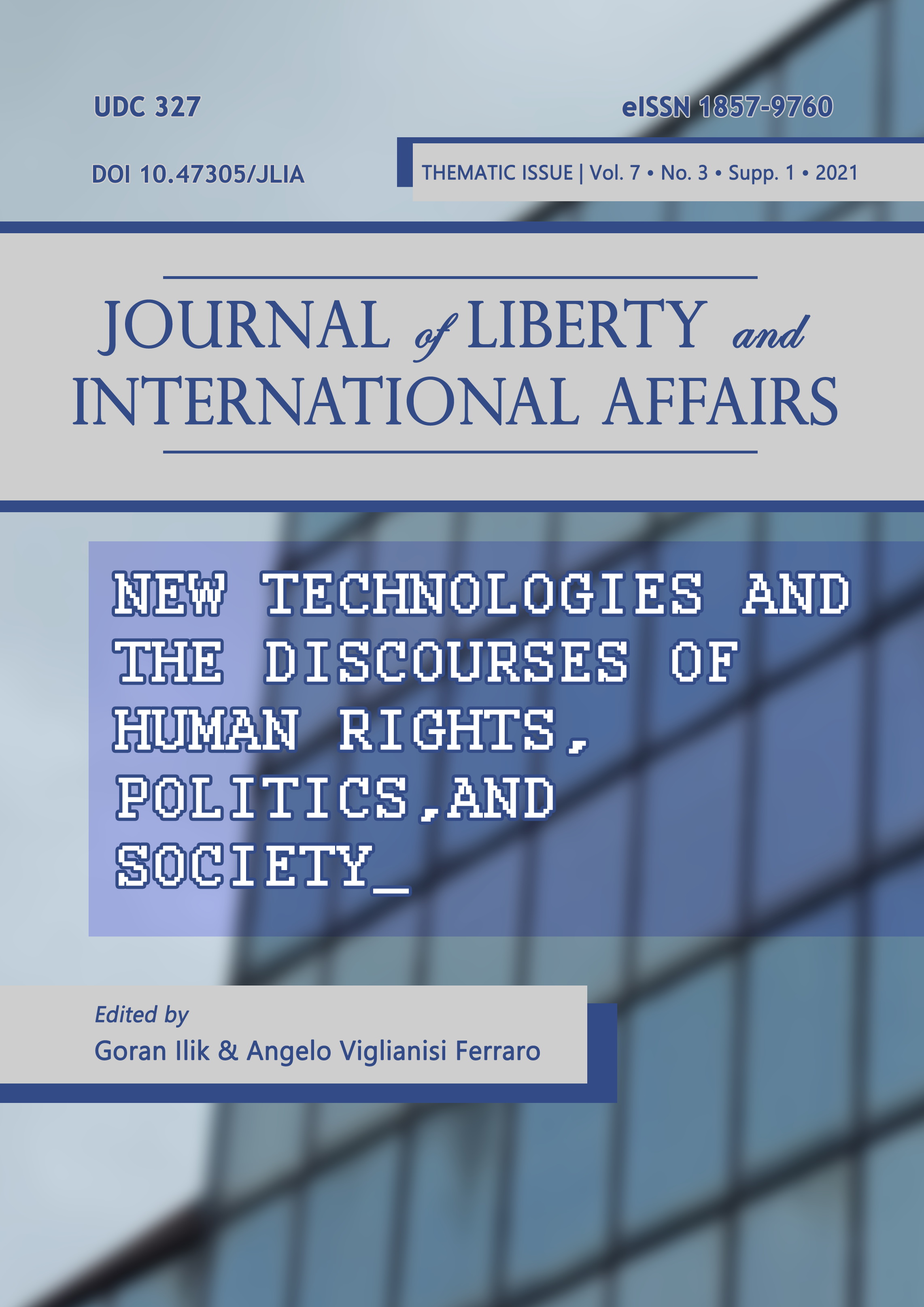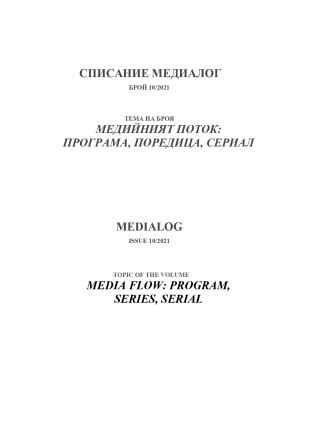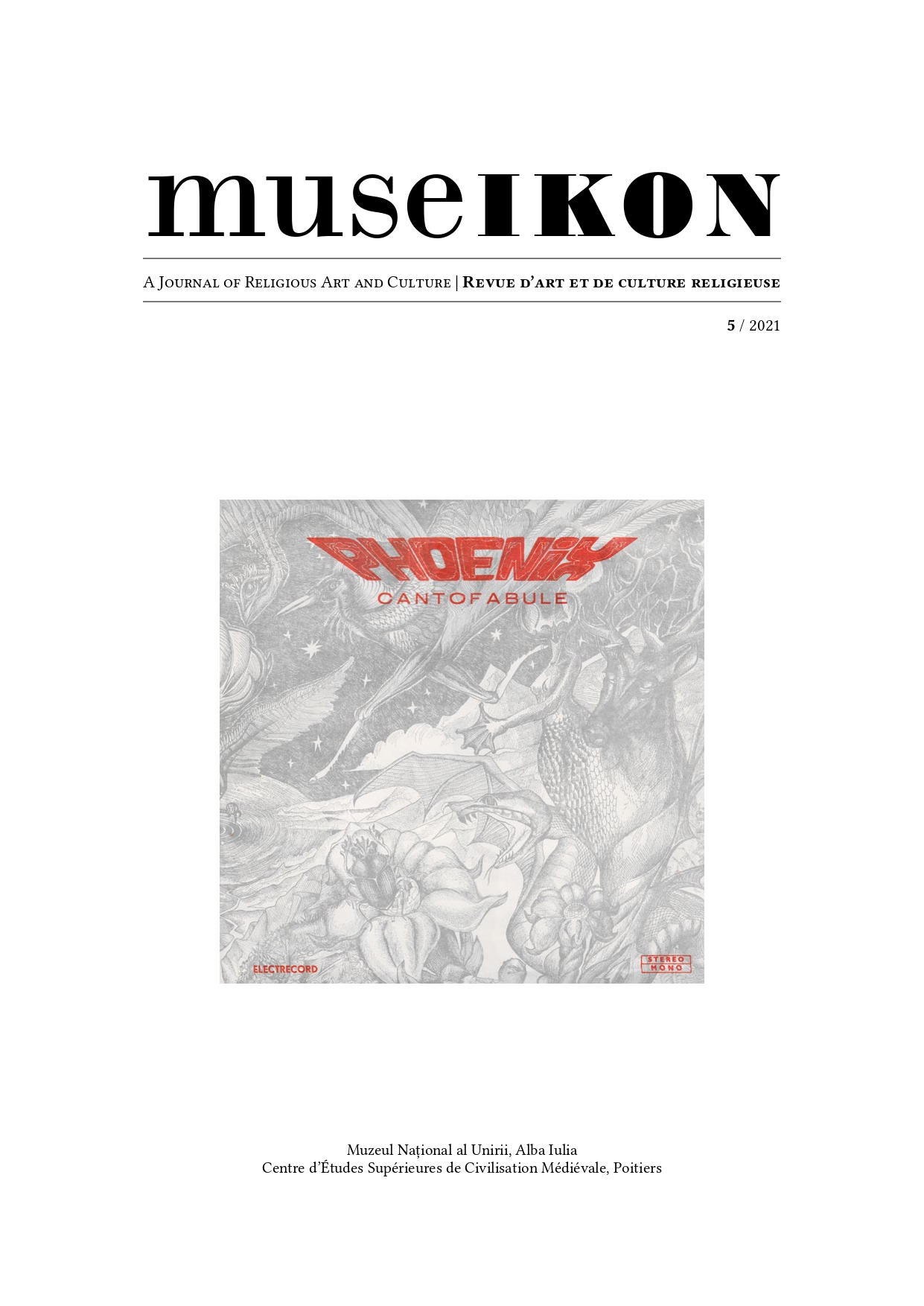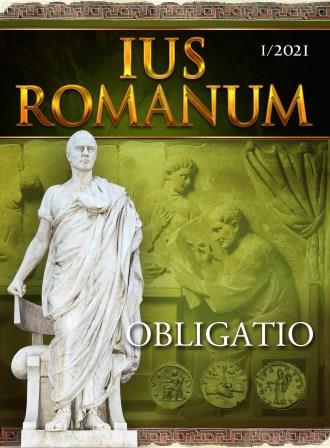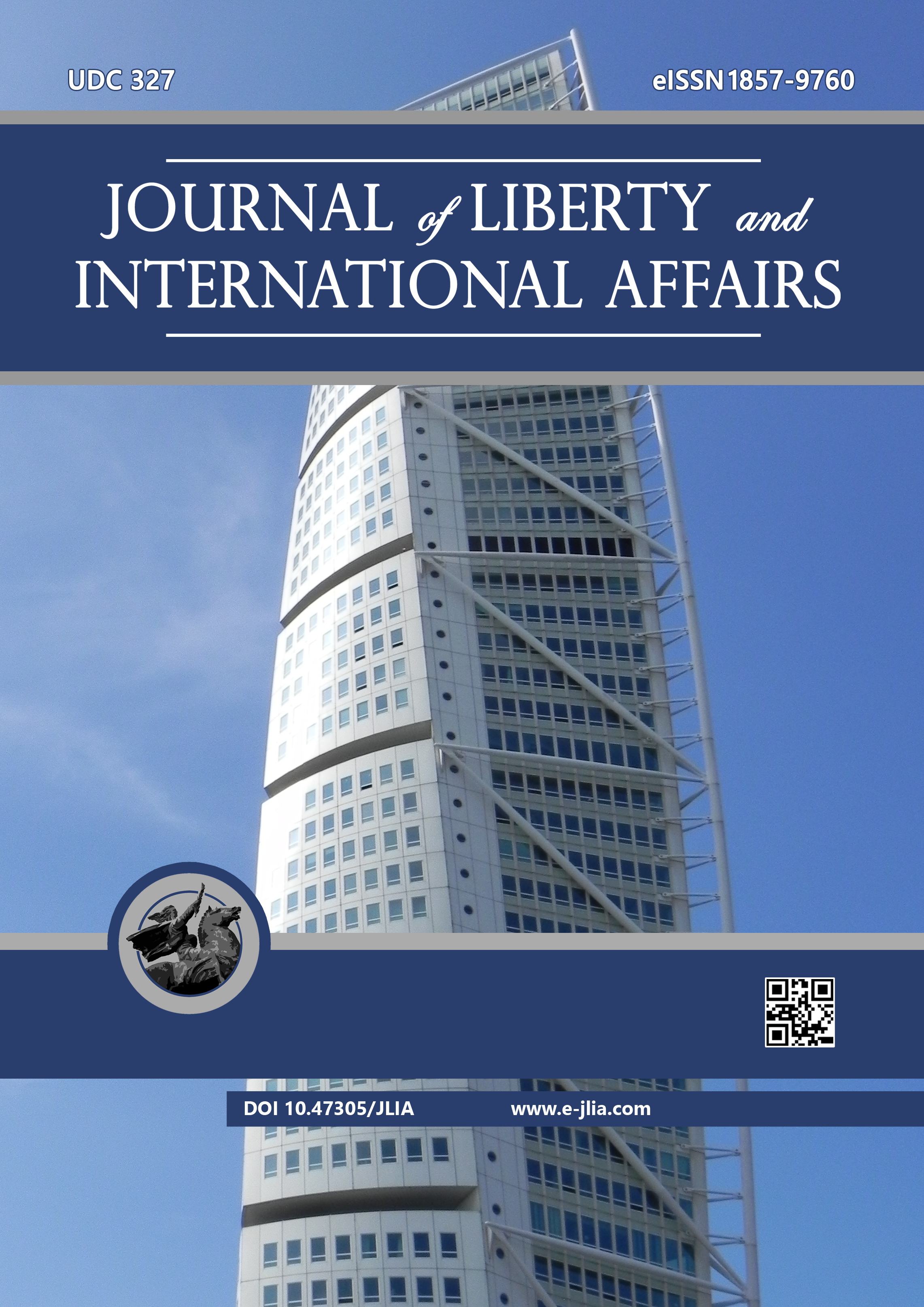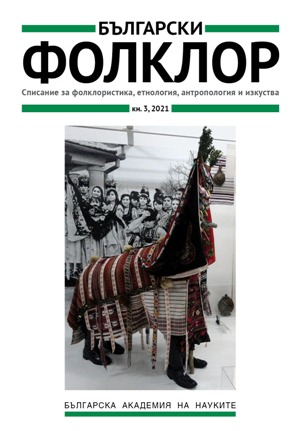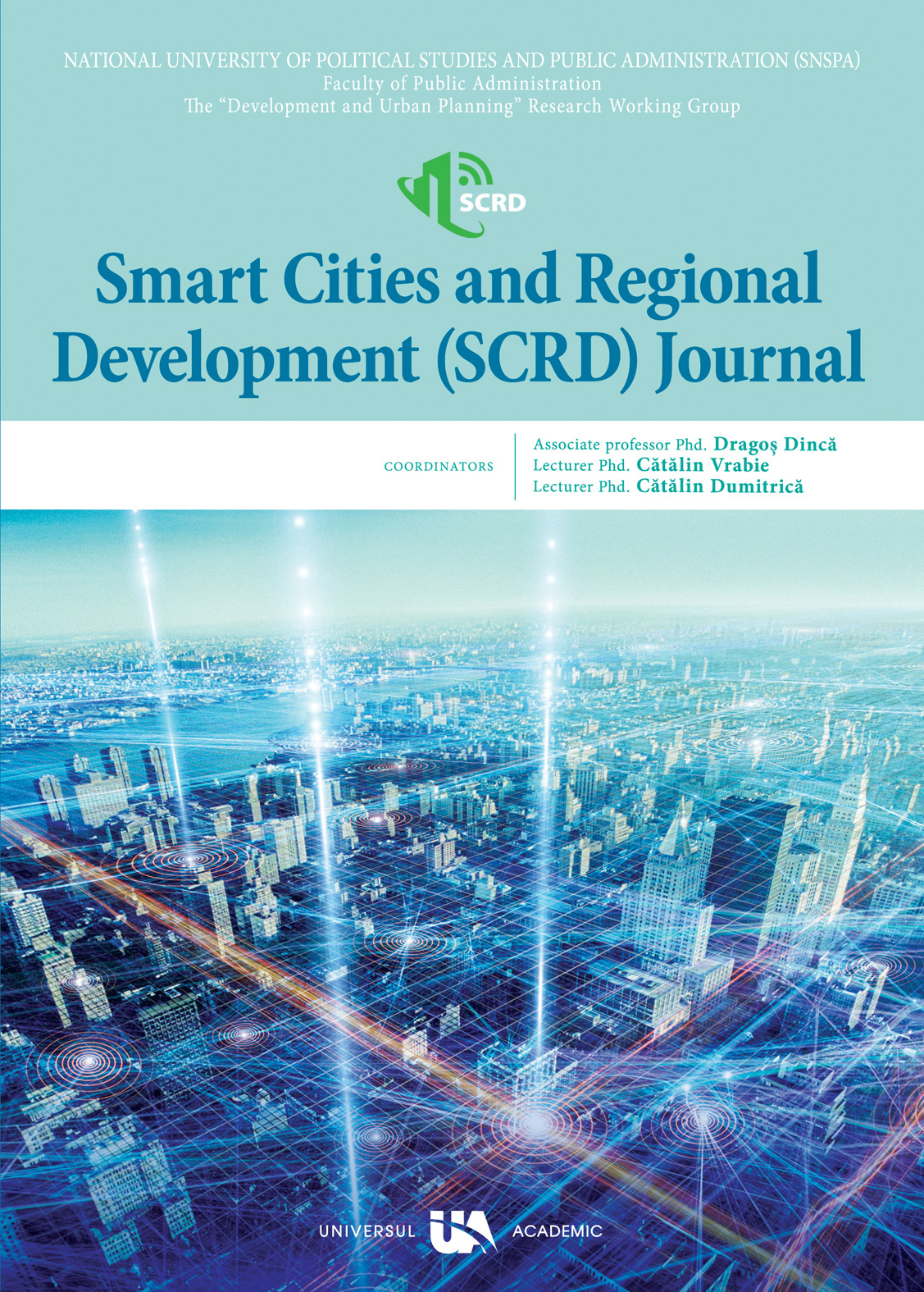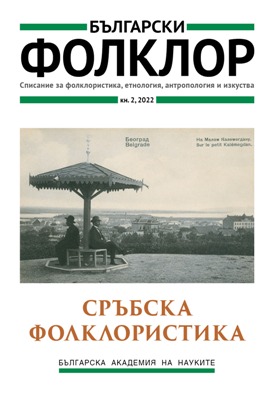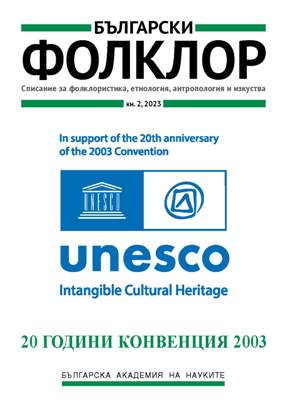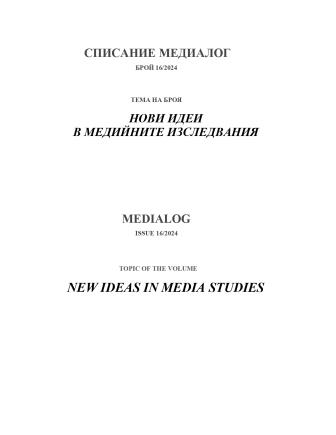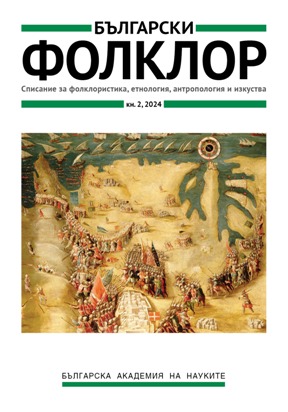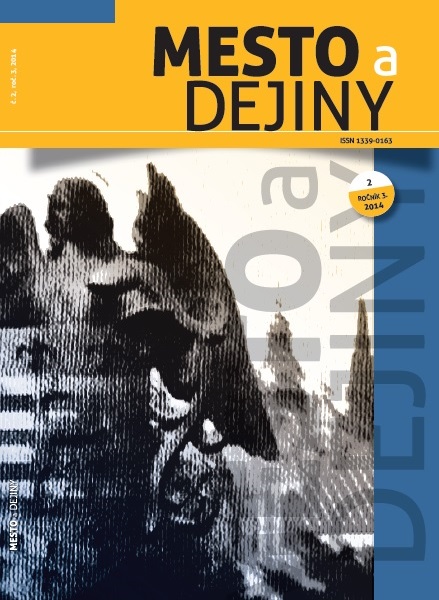
Meštianske právo na Slovensku v stredoveku
"Author provides a study of the development of the burgher right in Slovakia in the Middle Ages. It is the author’s final paper, which completed his research about the origin and development of the bourgeoisie and towns in Slovakia in the Middle Ages. Author describes:a/ customary, natural burgher rights up to the end of the 12th century;b/ granted, acquired and drafted burgher rights from the 13th century.The second ones were indirectly, but significantly, derived from the burgher rights in Germany. Author compared privileges, burgher rights in the Czech and Poland towns with a finding, that the burgher rights in Slovakia and all throughout the Kingdom of Hungary, were the most liberal. From the 15th century the rights of burghers living in cities belonging to Hungarian king were also supplemented by political rights, particularly by the participation of burghers in the Hungary Assembly and by the creation of voluntary associations of the towns. Finally, the author justified the need to leave an actual scientific terminology and substitute it:a/ the term of town rights should be replaced by more accurate term burgher rights;b/ taking into account the Latin terminology, which was in use in the 15th century, the term of „town“ (civitas, civitas libera) and term of „small town“ (oppidum) are appropriate for use in Slovak."
More...
